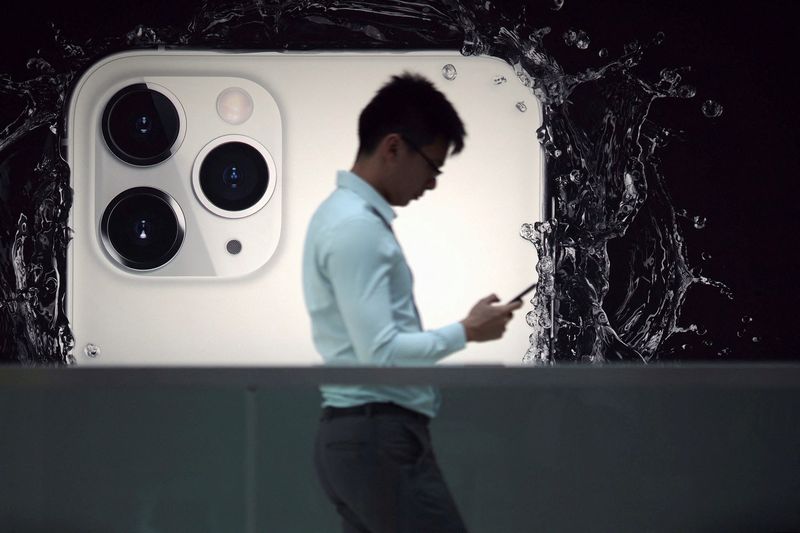United Homes Group stock plunges after Nikki Haley, directors resign
Apple (NASDAQ:AAPL) stock edged 2% higher in premarket trading Monday after Morgan Stanley analysts upgraded it to a Top Pick and raised the price target from $216 to $273.
The move comes as analysts now have a strong conviction that the introduction of Apple Intelligence, and its limited backward compatibility, can trigger a multi-year refresh cycle for Apple devices.
“However, what we had previously underestimated, and what the market still underappreciates today, is just how material the impending upgrade cycle can be,” analysts noted.
Based on their analysis of Apple's upgradeable iPhone base, upgrade rates, new user growth, and model mix, Apple is poised to ship nearly 500 million iPhones over the next two years—235 million in the fiscal year (FY) 2025 and 262 million in FY26.
This is 6% higher than the record FY21-FY22 cycle, with a 5% annual growth in iPhone average selling price (ASP), leading to nearly $485 billion in total revenue and $8.70 in earnings by FY26, compared to $459 billion and $8.20 previously, which is 7-9% above consensus, according to Morgan Stanley’s analysis.
Alongside three key near-term catalysts in fiscal Q3 earnings – the mid-September iPhone launch, potential positive iPhone build revisions in mid-October, and the historical trend of accelerating unit growth driving Apple stock outperformance – AAPL’s recent outperformance “is sustainable,” analysts believe.
Their conviction in the upgrade cycle is supported by several unprecedented factors in Apple's history: an installed base of over 1.3 billion devices, extended replacement cycles averaging 4.8 years, and a new technology limited to just 8% of the iPhone/iPad installed base.
“While historically we'd contemplate 230-240m annual iPhone shipments in a strong cycle, these factors portend that annual shipments could reach 260-290m units, significantly higher than the 230-235m iPhone shipments the market is currently pricing in for each of the next 2 years."
The introduction of Apple Intelligence is expected to boost more than just iPhone shipments, analysts pointed out. Users will need an iPhone 15 Pro/Pro Max or newer models to use Apple Intelligence, which will drive a positive mix shift and iPhone ASP growth. Currently, only 24% of iPads can run Apple Intelligence, suggesting a potential mini upgrade cycle for the iPad as well.
The analysts forecast that in FY25 and FY26, 66-69% of iPhones shipped will be new models, which is 2-6 points higher than FY24 and 3 points above the previous peak in FY22, leading to 4-5% annual iPhone ASP growth.
For iPads, they estimate that the introduction of Apple Intelligence could reduce replacement cycles to 3.8 years, the pre-COVID average from FY18-FY19.
“So while growth in iPhone units will account for 36% of Apple's total revenue growth through FY26, higher iPhone ASPs and iPad growth will account for another 26% of total revenue growth,” they continued.
Moreover, analysts believe Apple’s outlook in China is also set to improve. Over the past year, Apple lost 6 points of market share in China's high-end smartphone segment, mainly due to stronger competition and sluggish iPhone demand. However, recent quarters show stabilization, and with the introduction of Apple Intelligence, Morgan Stanley analysts believe Apple can drive strong upgrades in that market.
